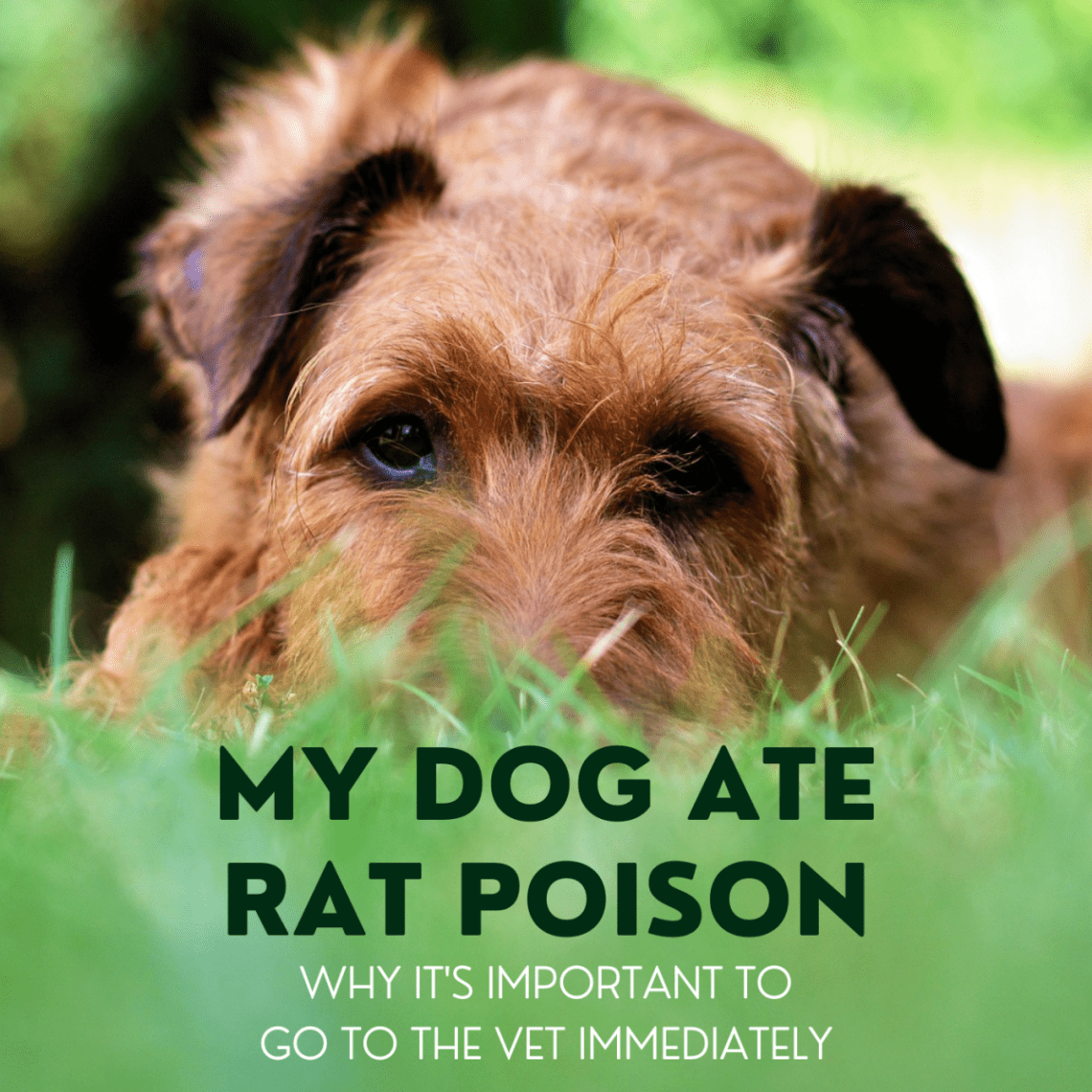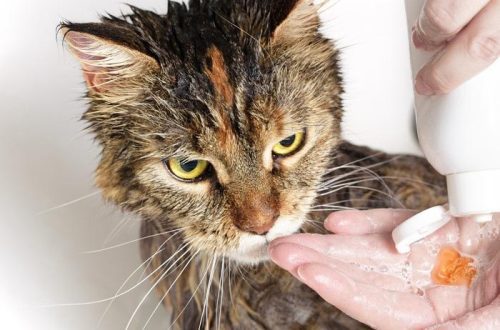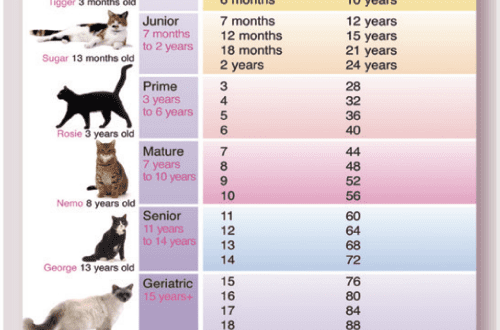
What to do if a cat ate rat poison: signs of poisoning and first aid
Cats that roam freely on the street usually give free rein to their hunting instincts: they catch insects, birds and rodents. But if neighbors or utilities carry out deratting, it can be dangerous for a mouser pet. Where can a furry pet find rat poison and what to do if it somehow got into her body?
Contents
How can a cat get poisoned by rat poison?
As a rule, poison enters the body of a cat in one of two ways:
- Directly, if the cat swallows the bait itself. This is the most dangerous, because in this case, much more poison can enter the animal’s body.
- Indirectly, if the pet eats a mouse or rat that died from poison. A cat receives a relatively small amount of poison, but modern rat poisons are very effective and can cause serious harm even in a minimal amount.
How does rat poison affect cats?
Rodenticides are rodenticides. As a rule, they use active substances from the group of anticoagulants, i.e. they prevent blood clotting and the poisoned animal dies from internal bleeding. First-generation anticoagulants (warfin) act for a short time, and for a lethal outcome, a longer intake of poison is required. Means of the second generation (brodifacoum) are more effective: even one dose can lead to the death of the animal.
The mechanism of action of the poison is as follows: anticoagulants inhibit the synthesis of vitamin K1, which is necessary for blood clotting, and also increase vascular permeability. As vitamin K1 stores are depleted, the animal gradually develops symptoms of poisoning, including massive bleeding.
Symptoms of poisoning in cats with mouse poison vary depending on the degree of intoxication:
- general weakness, lethargy, drowsiness;
- bluish skin, small hemorrhages on the gums;
- decreased appetite or its complete absence;
- vomiting and diarrhea leading to dehydration;
- prolonged bleeding from small wounds;
- bleeding from the ears and nose;
- blood in vomit, urine and feces;
- hematomas for no apparent reason;
- swollen abdomen due to internal bleeding;
- red eyes due to rupture of blood vessels;
- convulsions;
- dyspnea.
The cat ate rat poison: what to do
If the cat could be poisoned by rodenticide, you should immediately contact the veterinary clinic. Symptoms may develop gradually over three to five days, but the sooner action is taken, the better. If you know what kind of poison the cat ate, you need to take the package with you or tell the doctor the name.
When poisoning cats with rat poison, treatment will most likely follow the following protocol. First of all, the doctor will make the cat vomit or give it a large amount of activated charcoal, and then flush the stomach. If the poisoning is severe, with internal bleeding, a blood or plasma transfusion may be needed.
The antidote for rodenticides from the anticoagulant group is vitamin K1. It is administered orally or subcutaneously (with vomiting), in a course of 5 days to 6 weeks. The duration of the course depends on the active substance of the rat poison. Injections and surgery at this time should only be performed when absolutely necessary due to the increased risk of bleeding. Sometimes vitamin K1 is replaced with K3. This is acceptable, but in this case, therapy may be less effective.
Timely treatment can save the majority of pets poisoned by rat poison. For cats, the lethal dose is difficult to calculate, as rodenticides vary in their effectiveness. It is best to keep a close eye on the cat and not let it walk unsupervised.
See also:
poisonous house plants Dangerous essential oils for cats My pet ate a lizard – what to do





